
Collusion by authorities, lack of official data and indifference from society make it difficult to cover human trafficking and exploitation, according to journalists who have investigated the topic in Colombia, Mexico and Paraguay.
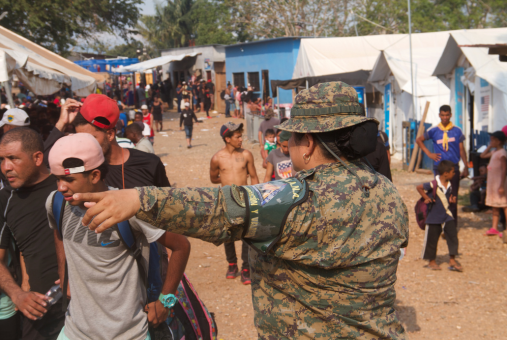
Colombian José Guarnizo and Panamanian Grisel Bethancourt focus on the human rights of migrants and local communities along the dangerous migration route.

Collaboration, feminist perspectives, and newsroom diversity lead to better migration coverage, according to panelists at this year’s Migration Journalism Congress in Mérida, Spain.

Projor’s new program assesses news sites based on 11 quality indicators, including author information, correction policies and funding transparency.

After publication of a G1 investigation, federal police arrested 36 candidates for municipal elections who were wanted by Brazilian courts.
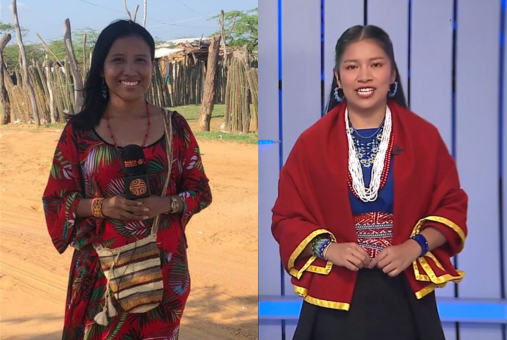
Indigenous communities in Colombia have long fought for their right to be represented in national and community media.
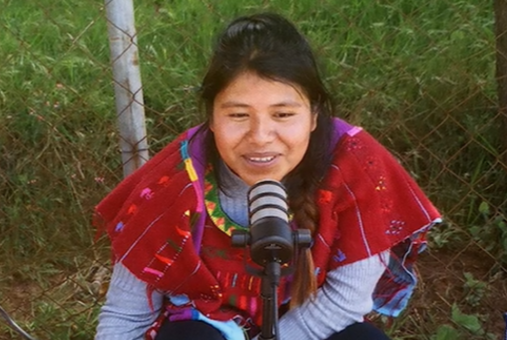
Nayelli López Reyes, a weaver and an activist, created a vivid podcast of courageous women speaking out against violence in their community.

GIJN spoke to reporters from outlets based in Colombia, Honduras, and Mexico, as well as from two region-wide projects, to hear how they carried out their recent work, where they are innovating on this beat, and how they are changing the narrative about organized crime from a focus on kingpins to investigations into the impact of organized crime on ordinary people.
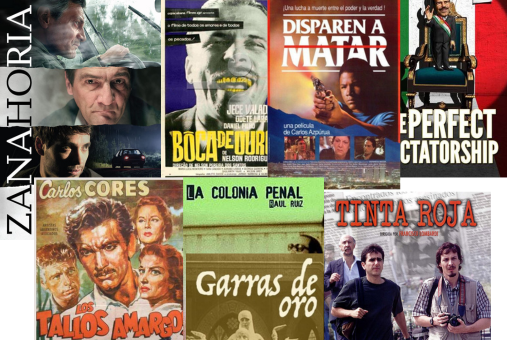
LJR presents a list of eight Latin American narrative films that have journalism or journalists at their center. The list ranges from a mysterious Colombian classic from the silent film era to political thrillers and satires, including Brazil's answer to “Citizen Kane.

More than 3,200 titles, from silent films to the present, are cataloged in the site Periodistas en el Cine (Journalists in Cinema), which offers the most complete database in Spanish on the representation of journalism on the big screen. Led by two Argentinian journalists, in May, the site published a ranking of the 200 best films about the journalistic profession and the world of media

LJR summarizes findings from the Reuters Institute's annual digital news report. These include: readjustments in the way audiences consume news, concerns about misinformation, caution in the use of AI in news, news avoidance at record levels and stagnant subscriptions.
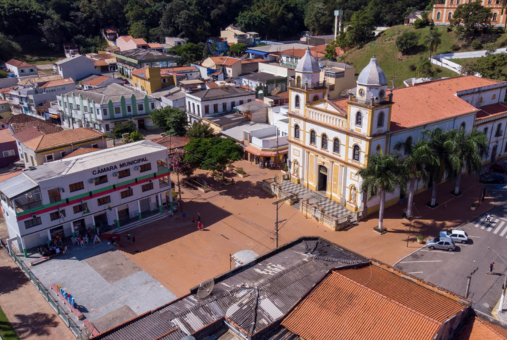
Almost half of Brazilian municipalities do not have local journalistic media, leaving 26.7 million people without news about their cities. A special report by Agência Mural shows how in Pirapora do Bom Jesus, a lack of news coverage mainly affects the periphery, making access to information difficult and increasing socioeconomic inequality.